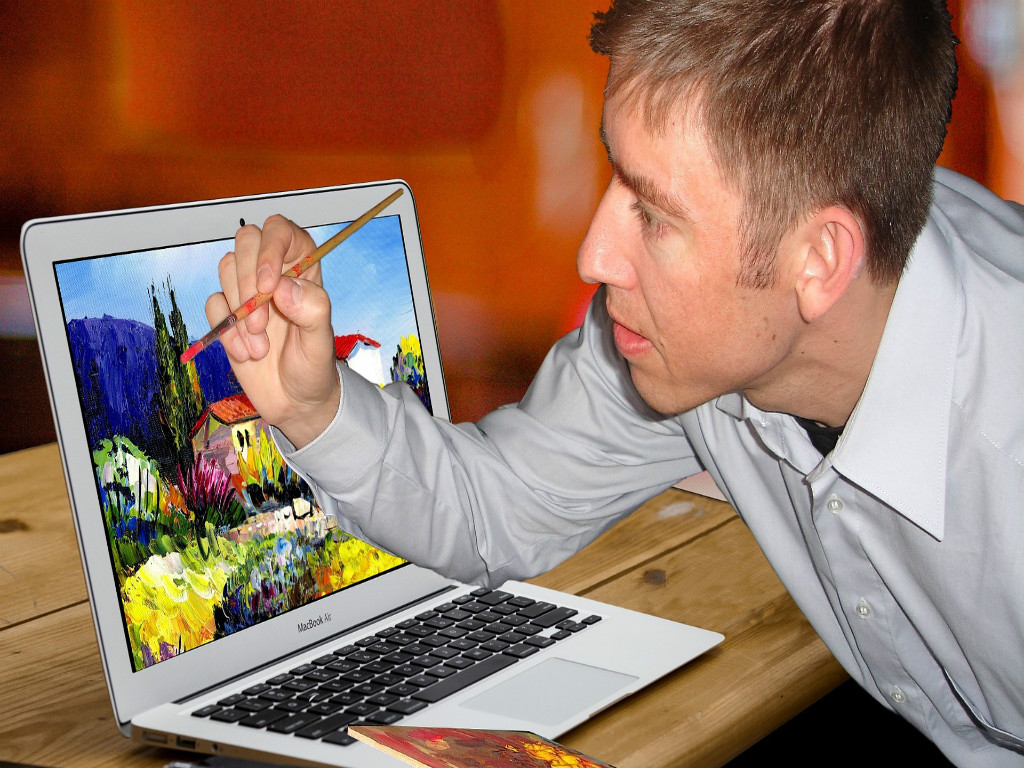It’s Labor Day in the United States, and whether or not you’re a member of an American Labor Union, you’ll probably hear some familiar phrases today.
Thanks to those who fought to make the American workplace what it is today…
We stand on the shoulders of those who came before us…
Without the workforce, our country couldn’t prosper…
Indeed, these sentiments all capture the spirit of the holiday. But there’s one word that connects all of the themes we celebrate today:
Solidarity.
Musicians have benefited greatly from solidarity. Especially from other Labor Unions.
Over the past 150 years, Unions have come together to inspire and advocate for crucial legislation. Overtime pay. Worker’s Compensation from on-the-job injuries. Workplace Safety. Anti-discrimination laws. Family Medical Leave.
The list goes on. And while there’s much room for improvement for many of these matters, we owe many of our legal safeguards to the work that came from Union solidarity.
Musicians have also been helped directly when other Labor Unions joined their cause.
An example in recent memory is the Broadway Musicians Strike of 2003. During that time, there were contentious negotiations between the orchestra musicians of Broadway Theaters and their employers, the League of American Theatres and Producers.
There were several key issues on the table. One was that the required minimum number of musicians for each orchestra was at risk of being reduced, which would cause many musicians to lose work. Eventually, no agreement could be reached, and the musicians went on strike.
When their employers tried to keep performances running by using computerized orchestras, literally called Virtual Orchestra Machines, the musicians found themselves anything but alone. Their colleagues from the International Alliance of Theatrical Stage Employees (IATSE) and the Actors’ Equity Association (AEA) stood in solidarity with them on the picket lines. They refused to work with anything but live music, played by living musicians.
The people who worked backstage (stagehands, for example) and onstage in these theaters sacrificed their income for the duration of the strike. By ensuring that the shows would not go on, there was no other choice than for both sides to come back to the table and compromise.
In the end, the orchestra sizes were reduced. However, the difference wasn’t nearly as much of a loss as their employers had originally demanded. This preserved work for a good number of Broadway musicians.
Solidarity in the Arts.
Musicians have also found solidarity from fellow cultural institutions.
Many of the most prolific accomplishments include combining music with other art-forms. Take for instance the choreographer Leonide Massine’s Les Présages (The Omens), which is set to Tchaikovsky’s Fifth Symphony.
Richard Strauss’s career was full of depictions from literary masterpieces. Don Juan. Don Quixote. Till Eulenspiegel. Salome. Macbeth. Also Sprach Zarathustra (Thus Spake Zarathustra).
There are many works from impressionist composers, who were inspired by visual art to evoke images in the listener’s mind through sound. Claude Debussy’s La Mer (The Sea). Ottorino Respighi’s Fountains of Rome. Manuel de Falla’s El Amor Brujo (Love, the Magician).
Not only is there solidarity in the creative sense, but also in the collaborative sense.
Performances could not happen without other types of workers in Classical Music venues. Who would control the lights? Who would manage the seating configurations onstage? Who would securely move the piano? (We depend so much on our IATSE colleagues.)
In an earlier article from this blog, I discuss the many groups involved in presenting productions at the Kennedy Center Opera House. It still amazes me how many “moving parts” there are in an opera. Rehearsal Conductors. Rehearsal Pianists. Vocal Coaches. Stagehands. Stage Managers. Wardrobe Dressers. Costume Stylists. Wig Masters. The Orchestra. The Chorus. And of course, the Principal Singers. (Someone tell me if I’ve left anyone out; omissions are purely accidental.)
So, What’s He Getting At?
I admit that this has been a rather long-winded way of arriving to my message. But I couldn’t think of a better way to acknowledge some very important ways musicians have benefited from solidarity. We don’t live in a vacuum; our existence is often dependent upon the world around us. And I’d love to see the Classical Music Community more actively pay it forward.
So this Labor Day, I’m not only here to talk the talk; I want to walk the walk. I’m excited to introduce to you…
The 12-Month “Labor of Love” Challenge
In an effort to exhibit my solidarity to other Labor Unions, and in an effort to exhibit my solidarity to the many other institutions of Arts and Culture, I challenge myself to attend two events each month for a whole year.
One Labor Event and One Cultural Event.
I only have two rules for this challenge. The Labor Event cannot solely involve the American Federation of Musicians, the Union of which I’m a member. And, the Cultural Event cannot solely involve Classical Music as the only art-form.
Starting mid-October, look for the “Labor of Love” section here on this blog, where I will be sharing with you my experiences from the previous month’s events. I’m curious to see how this takes shape, and I look forward to the opportunities that this challenge will present.
Suggestions for events are welcome. And if you’d like to join me, I’d love the company!
Subscribe via Email
Enter your email address to subscribe and receive notifications of new posts on the first Monday of each month by email.



2 thoughts on “Extend a Hand, but Move Your Feet”